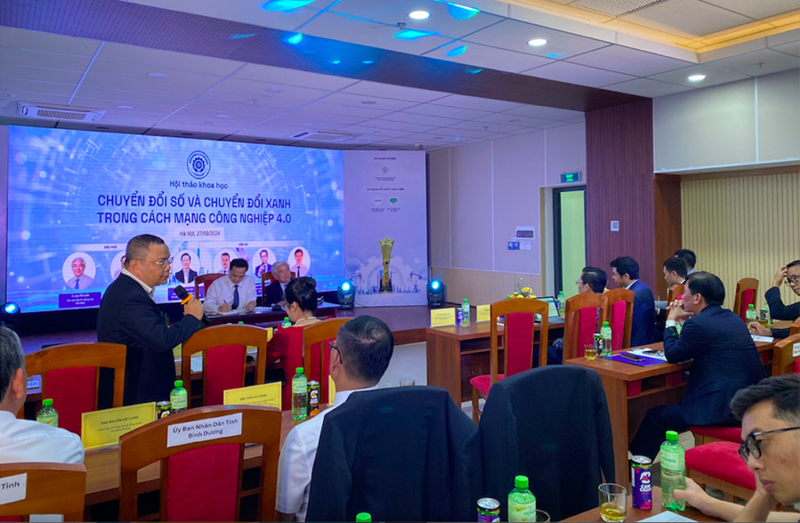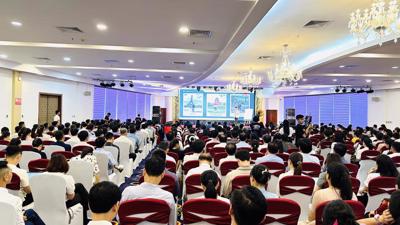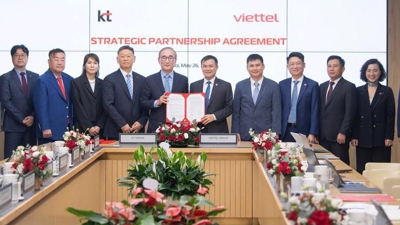Vietnam needs tech standards for Industry 4.0
Five Vietnamese businesses have registered to be granted ISO/IEC 42001 – the world’s first AI management system standard.

In the face of the rapid advancements of Industry 4.0, Vietnam is urged to swiftly establish standards for innovative technology products to foster development and seamlessly integrate into the global market, according to experts.
In 2023, the International Organization for Standardization (ISO) and the International Electrotechnical Commission (IEC) issued ISO/IEC 42001 – the world’s first AI management system standard. So far, five Vietnamese businesses have registered to be granted this standard.
According to Dr. Ha Minh Hiep, Acting Director General of the Directorate of Standards, Metrology and Quality under the Ministry of Science and Technology, Vietnam and many other countries previously focused solely on establishing standards for products. However, with the advent of Industry 4.0, many technology standards have been and are being studied and issued. This is a task that Vietnam needs to consider and implement soon to develop quickly and sustainably in the Industry 4.0 era.
Dr. Nguyen Quan, Chairman of the Vietnam Automation Association, stated that technology also requires leading policies to avoid risks and minimize potential issues. The fourth technological revolution is not just a national issue but has a global scale, making it essential to establish a system of standards for technology, especially for high technologies like AI.
However, one of the major limitations that may hinder Vietnam from establishing national technology standards in harmony with international practices is the limited interest and participation in international technical standard organizations.
In a report on the amendments to the Law on Standards and Technical Regulations, which will be discussed by the National Assembly in October, Dr. Ha Minh Hiep affirmed that the new changes will significantly impact the digital transformation process.
Specifically, the new regulations will allow for the unilateral acceptance of third-party evaluations for emerging technologies, meaning assessments from reputable international organizations will be accepted. Additionally, associations and businesses will have the right to evaluate the impact of standards before they are issued.







